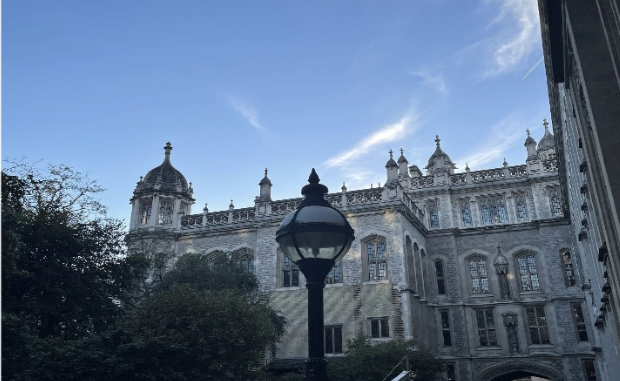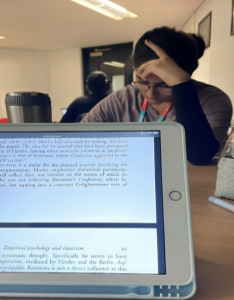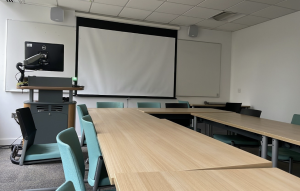
– By Joanna
As a postgraduate student of this course, studying Comparative Literature entails looking at literature across a variety of time periods, themes, cultural backgrounds, and even different mediums. Here are a few things I’ve discovered as a student at King’s College London, that you absolutely must know before you embark on your graduate applications:
1. It’s way more diverse than imagined!
You might be thinking, just as I did, about how inclusive and diverse a course in a Western country could possibly be—especially if you’re an international student. But amazingly, both the course contents and the research interests of the faculty cover a very wide range of topics, and you will have people to rely on regardless of what you’re working on.
2. There’s a lot of independent studying!
This was a huge surprise in my transition from being an undergraduate to a postgraduate. I had to study three modules in my first semester, and each had a two-hour seminar once every week. This leaves you with a lot of time to cover the week’s required reading and to think about your dissertation and essay topics while providing you with significant time to work.

3. Be prepared—there’s a lot of reading!
Contrary to when I was about to start the course and thought I could easily study three or four novels from my syllabus list for each module, each weekly seminar requires you to do a lot of reading. This is not just reading the primary texts, but also the secondary ones, as they’re brought up in class very often. In regard to novels, there are usually excerpts or certain sections that you are required to read—but many students have read them in their entirety, and there may be discussions related to them.
4. Small student groups leading to a lot of participation!
One thing you need to keep in mind before you head in to your first seminar is the amount of discussions you will be taking part in, so it’s great if you’ve read ahead and have constructed opinions or arguments on the week’s texts. Since the class sizes are fairly small—around 15 to 20 students only—each seminar allows you to participate, and there are no wrong answers. The amount of students in the course also means that you’ll be able to make friends easily, without feeling alienated.

5. You’ll have access to many libraries and institutions!
As a student in the heart of London, this is one of the biggest advantages you’ll have. Not only will you be able to access the gorgeous Maughan Library, but also the Senate House and British Libraries. And of course, you can’t forget the many art galleries and museums—all of these will help you in your study, as relevant art exhibitions, paintings, and films can be included in your readings or discussions.

Leave a Reply